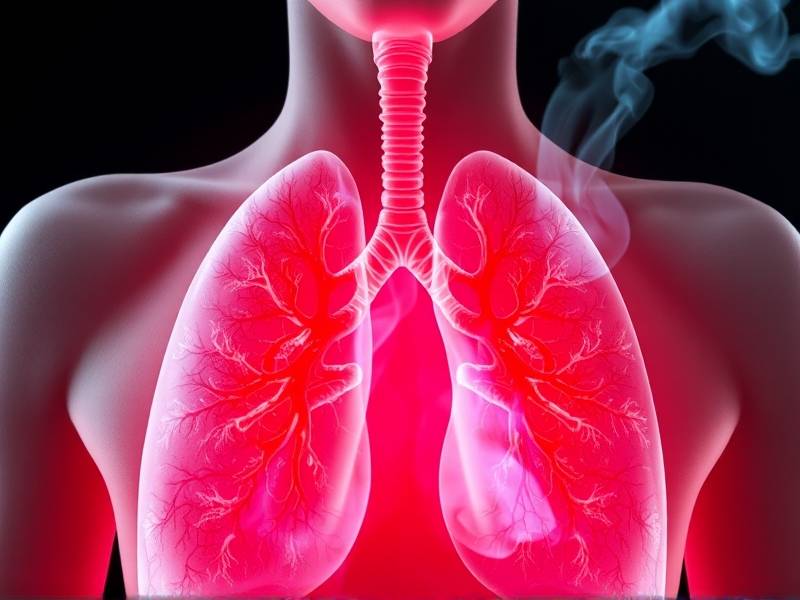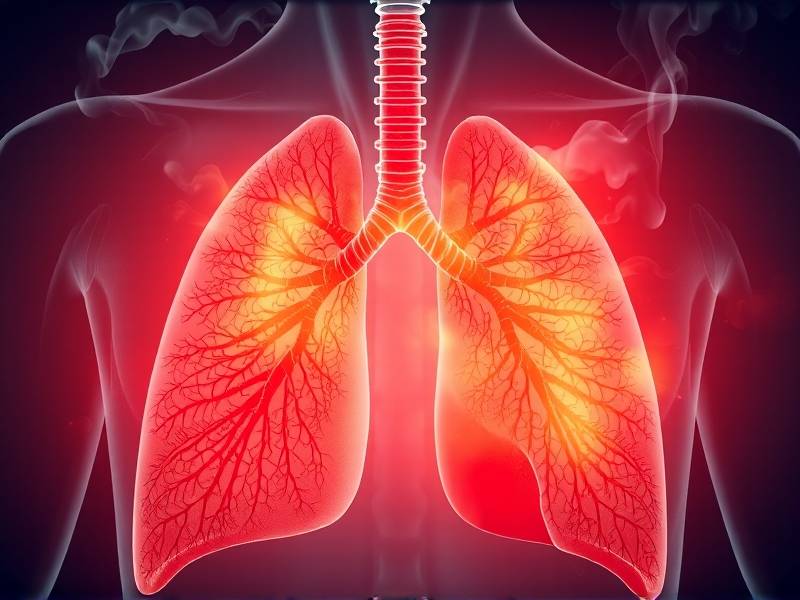What Really Happens in Your Lungs When You Quit Smoking?
What Really Happens in Your Lungs When You Quit Smoking?
Introduction: Quitting smoking is a significant step towards improving your health, and understanding the transformative changes in your body can provide added motivation. This article delves into the remarkable transformation that occurs in your lungs as you break free from the grip of tobacco.
1. The Immediate Detoxification Process

When you quit smoking, your body begins an immediate detoxification process. Here’s what happens in your lungs:
- Cilia Begin to Function Again: The tiny hair-like structures (cilia) that line the airways start to move again, clearing out mucus and trapped particles that accumulate from smoking.
- Inflammation Decreases: The inflammation caused by smoking starts to subside, allowing for easier breathing and reducing the risk of respiratory infections.
2. Gradual Reduction of Lung Damage
Over time, quitting smoking leads to a gradual reduction in lung damage:
- Cellular Repair: Your lung cells begin to repair themselves, replacing damaged cells with healthier ones.
- Airflow Improvement: As the inflammation decreases and mucus production diminishes, airflow improves, leading to better overall lung function.
3. Long-Term Benefits
Quitting smoking has long-term benefits for your lungs:
- Reduced Risk of Chronic Obstructive Pulmonary Disease (COPD): COPD is a progressive lung disease often caused by smoking. Quitting significantly reduces your risk of developing COPD.
- Lower Risk of Lung Cancer: Smoking is the leading cause of lung cancer. By quitting, you dramatically lower your risk of developing this deadly disease.
- Improved Oxygenation: As your lungs become healthier, they can deliver more oxygen to your body's tissues, enhancing energy levels and overall well-being.
4. The Role of Nutrition and Exercise
To maximize the benefits of quitting smoking for your lungs:
- Nutrition: A well-balanced diet rich in antioxidants can help protect your lungs from further damage.
- Exercise: Regular physical activity improves lung capacity and overall respiratory health.
Conclusion: Understanding the transformative changes that occur in your lungs as you quit smoking can provide powerful motivation to stay smoke-free. By taking care of yourself through nutrition and exercise, you can accelerate these positive changes and enjoy a healthier life for years to come.

